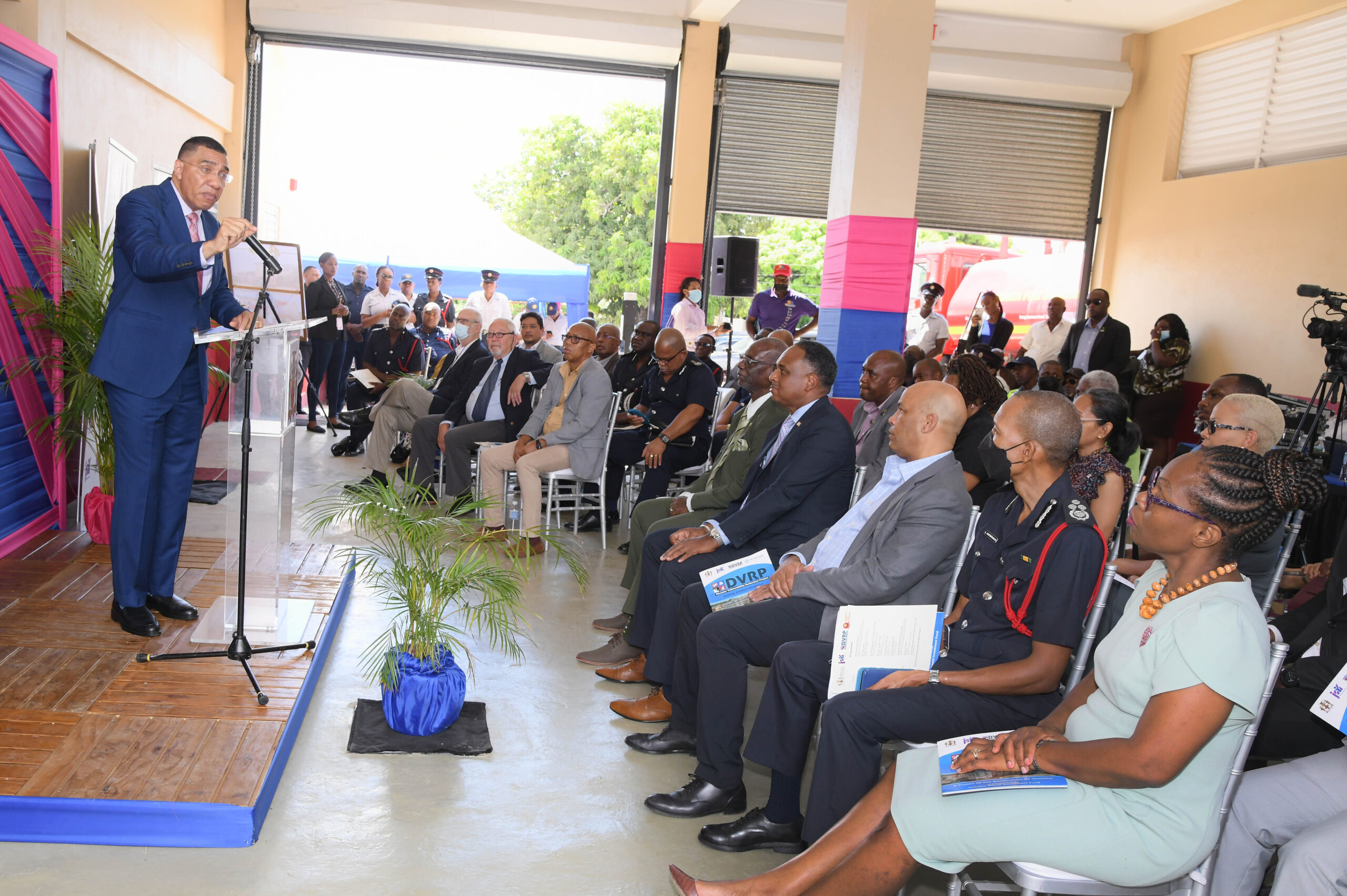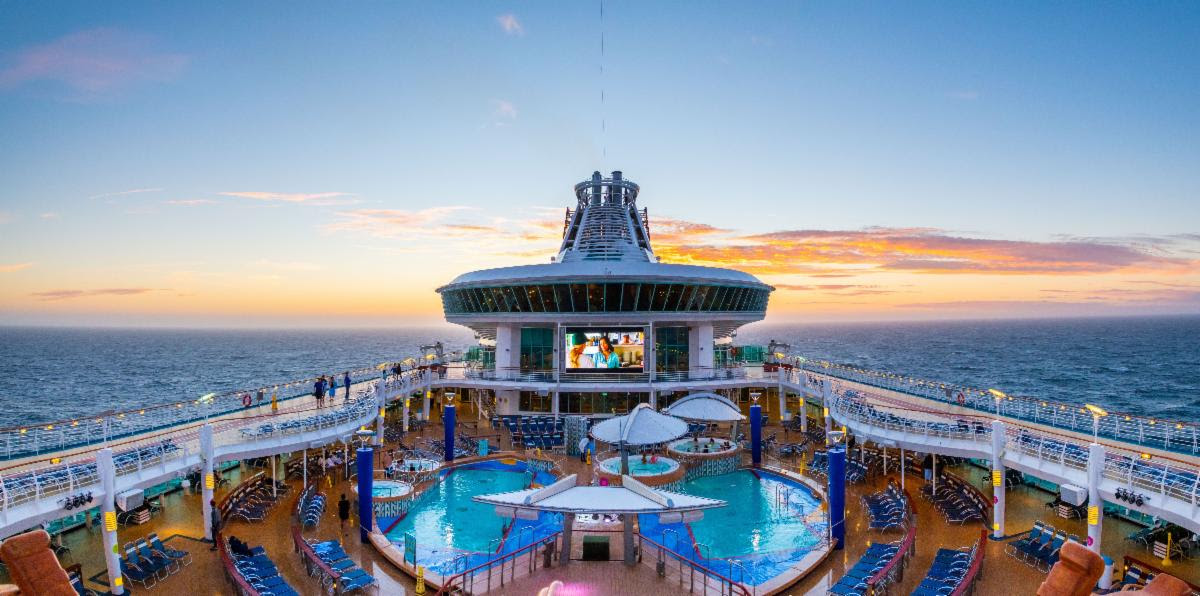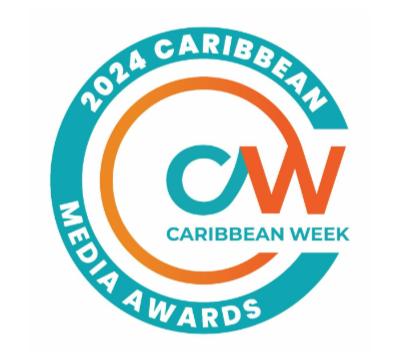NEW YORK (April 18, 2024) – The Caribbean Tourism Organization (CTO) has announced the return of its Caribbean Media Awards, the prestigious honor given to journalists and influencers whose work has significantly contributed to the promotion of Caribbean tourism.
The awards ceremony, set to spotlight outstanding media contributions from the United States and the Caribbean, is scheduled to take place amidst the vibrant celebrations of Caribbean Week in New York, from June 16 to 21, 2024.
Submissions from public relations agencies, member countries, and the journalistic community are welcome.
“We’re thrilled to bring back the Caribbean Media Awards,” stated CTO Chairman Kenneth Bryan, who serves as Minister of Tourism and Ports for the Cayman Islands. “These awards are not just about recognizing excellence, they are a testament to the enduring spirit of the Caribbean and its vibrant culture. Our goal is to spotlight the stories that capture the heart of the Caribbean, stories that inspire, inform and engage audiences worldwide. It’s a celebration of the impactful narratives that contribute significantly to our tourism landscape.”
Entries are sought in the following award categories:
Best Feature Article or Story: Recognizes excellence in long-form storytelling (print or online) that provides in-depth analysis, compelling narratives, and unique perspectives on Caribbean culture, history, etc.
Best News Reporting: Honors exceptional reporting of breaking news, events, or issues of significance to the Caribbean region that demonstrates accuracy and journalistic integrity.
Best Podcast/Radio: Celebrates excellence in podcasting/radio reporting, whether itʼs storytelling, interviews or discussions offering engaging and informative Caribbean content.
Best Photojournalism: Celebrates impactful visual storytelling through photography, capturing the essence of life in the Caribbean region, from daily life to cultural events, natural landscapes, or social issues.
Best Video Production: Honors outstanding video production, including broadcast news segments, short films, or online video content that showcases the richness and diversity of Caribbean culture, people and landscapes.
Best Social Media Campaign: Recognizes innovative and effective social media campaigns (by journalists or influencers) that engage audiences, raise awareness, or promote positive change on issues relevant to the Caribbean region.
Best Personal Immersive Story: Highlights a feature story that demonstrated time in the destination, integration and deep exploration of off-the-beaten-path in a destination.
Diaspora Journalist of the Year: Honors members of the Diaspora community who impact tourism in the Caribbean region through their storytelling.
Emerging Journalist of the Year: Spotlights the achievements of up-and-coming journalists, reporters or content creators who have demonstrated exceptional talent, potential and commitment to excellence in Caribbean media.
Only entries submitted by CTO government members, their public relations agencies or qualified media shall be eligible.
Minimum circulation for newspaper or magazine entries is 20,000 (1,000 for Caribbean media).
All entries must have been published or broadcast in the 2023 calendar year.
Only one entry per person per category will be accepted.
Submissions should showcase creativity and thoughtful knowledge of the Caribbean and have a provocative story angle.
Criteria for the judging of entries shall be:
- Content – Relevance, accuracy, cohesiveness of material, adherence to journalistic standards
- Structure & Form – Relevance of topic, clarity, pace, structure (introduction, development and conclusion), presentation of information and ideas
- Title – Relevance of title, concision, clarity
- Quality of Language – Use of language, quality of syntax, quality of sentence structure
- Originality – Originality of ideas, ability to spark audienceʼs curiosity, boldness, creativity
Entries that do not meet the selection criteria will be disqualified.
Depending on their assessment of the standard of entries, the judges may withhold awards in any category as they see fit. They may also ascribe “Special Mention” (without award) to an entry where warranted.
Decisions of the judges shall be final.
Entrants are required to submit their contributions at https://bit.ly/caribbeanmediaawards by the deadline of May 8, 2024.


 News4 days ago
News4 days ago
 Health5 days ago
Health5 days ago
 Caribbean News6 days ago
Caribbean News6 days ago
 Caribbean News1 week ago
Caribbean News1 week ago
 Education3 days ago
Education3 days ago
 Caribbean News1 week ago
Caribbean News1 week ago
 Bahamas News1 week ago
Bahamas News1 week ago
 Caribbean News3 days ago
Caribbean News3 days ago








